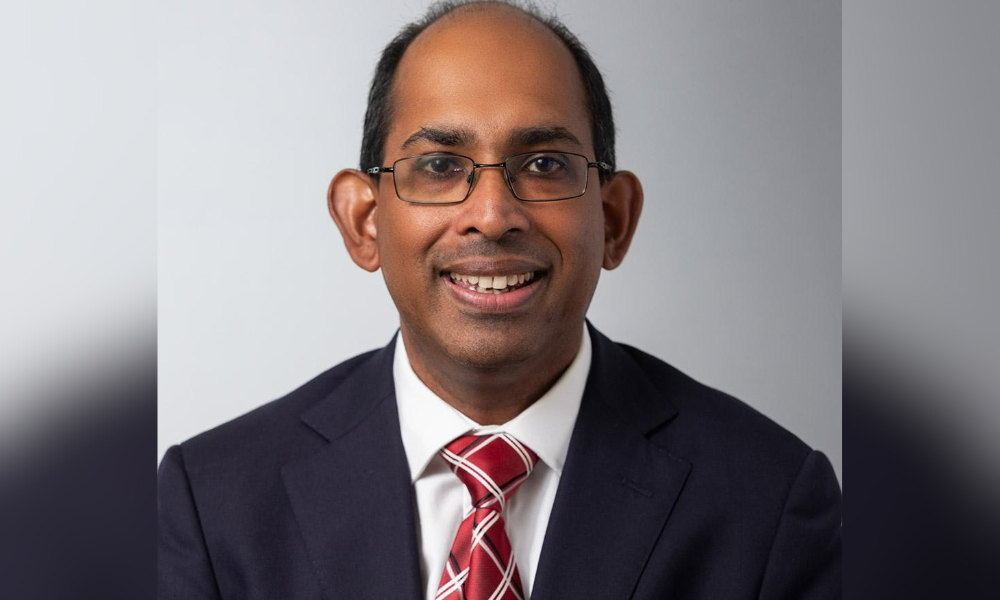
When things go wrong, having a strong wellbeing strategy in place will assist with managing regulator response, says lawyer

According to a recent global survey of employers, 74% say that having a sense of purpose and belonging at work is important for employee wellbeing.
In its Future of Work 2023 report, Herbert Smith Freehills drew on responses from 500 major employers in five key global regions.
More than half say employee wellbeing will be a focus of substantial changes to their workforce strategy in the next three to five years – an 18% increase from the 36% who said the same in 2021.
“Coming out of the pandemic, if there are any positives, one has been the increased awareness and focus on wellbeing,” says Shivchand Jhinku, one of the authors of the report.
“One point of particular interest is that there seems to be a bigger employer response to wellbeing than the perceived employee demand.”
The greater recognition of wellbeing among employers should pay dividends, says Jhinku, partner at Herbert Smith Freehills lawyers in Sydney, not just in happier people, but also in terms of the legal requirements on employers around psychological safety.
“Healthy, happy employees are much better for the bottom line - you have less absenteeism, less sickness, you have higher productivity, less turnover - all of those on just a pure economic basis are benefits and the savvy employees are working that out.
“The employers who are going to succeed in this space are those who are looking to do more, because it will then not only become a retention tool, it will also be a risk mitigation tool. When things go wrong, having put all these steps in place, will assist with managing regulator response.
Employers who are looking at these issues and who are on the front foot, not only have more productive employees, they are also managing their prosecution risk arising from psychosocial injuries, he says.
“Employers who take an alternative approach and say ‘People aren't asking for this’ I think is short-sighted and won't work in the longer term.”
To best ensure the wellbeing response is tailored to the organisation’s needs, employers should be engaging regularly with employees to find out what’s important, says Jhinku.
“Without asking what employees want, the risk is you provide people with benefits that don't hit the mark, and either they are unused, or they're only used by a minority of people and others feel that's not fair because it's not a genuine benefit for everyone and, therefore, there's a risk of discrimination claims.”
It’s also important to update regularly, he says. “What is considered best practice now probably won’t be best practice in 18 months time.
“So employers should be constantly reviewing what they are doing and adapting to the learnings and best practice developments that come out over time.”
It’s important to recognise though, he says, that it’s impossible to get the response completely right otherwise it can create barriers to making progress. “Organisations have got to accept that and not use that as a reason to stop making progress in this space.”
Employers wanting the best progress should be willing to collaborate not only with employees but also others in the industry. “Throughout the construction industry information is shared regarding what’s done to protect physical safety. Organisations opting to take a similar approach in terms of psychosocial safety would benefit from that.”
He notes some of the most successful strategies have developed as a result of organisations using their existing WHS frameworks to respond to these issues.
“A number have very sophisticated safety processes that can be adapted to deal with this, so rather than starting from scratch it would be effective to adopt that and use it in the psychosocial sphere.”
To create the best outcomes in the mental wellbeing space Jhinku emphasises the importance of talking to employees themselves for issues to be identified, opinions to be gathered on suggestions for improvements, and to better understand the support that needs to be put in place to achieve that.
“Employers that say ‘We're just going to tell you what’s best’ will struggle because they won't have the engagement and buy in from people that they are trying to provide these benefits to.”